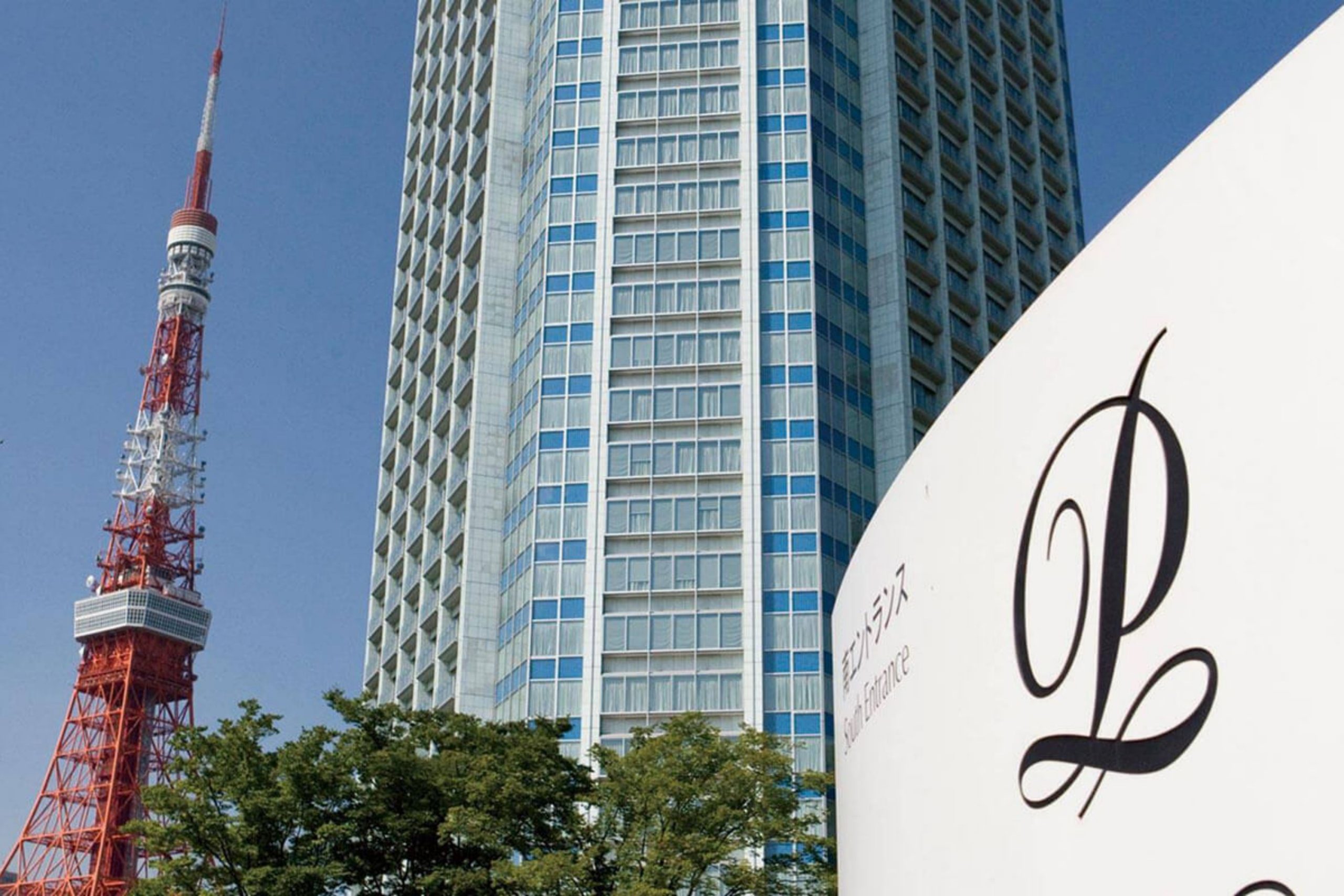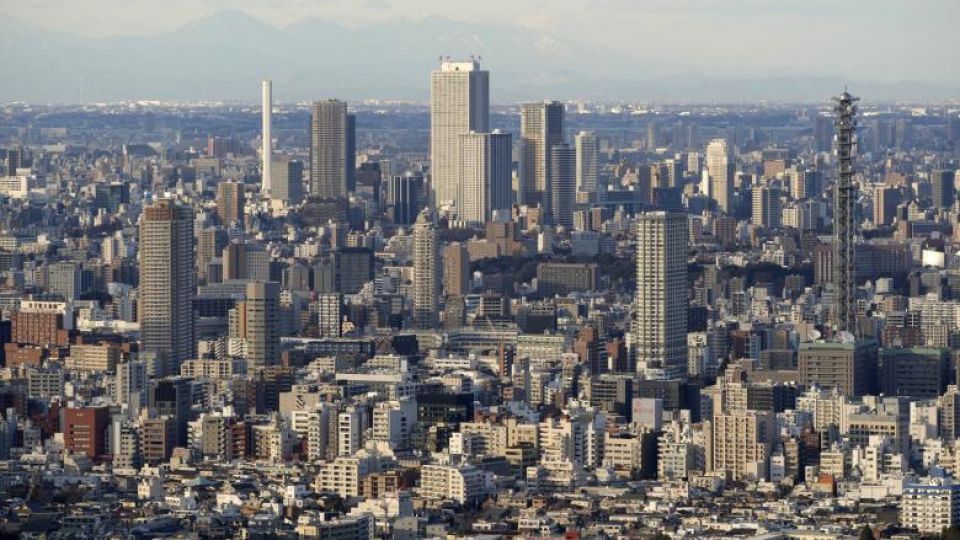February 21, 2022
TOKYO – Japanese railway giant Seibu Holdings struck a deal to sell part of its hospitality portfolio to Singapore sovereign wealth fund GIC this month, becoming the latest in a series of companies to recently offload their secondary assets.
This trend has been particularly acute in sectors that are the hardest hit in the prolonged Covid-19 pandemic, such as transport.
It also comes as conglomerates shift their focus to their core businesses, while seeking to improve their financial standing by streamlining assets as they secure funds for future investments. This has led to a flurry of activity in a red-hot transactions market.
In a statement on the deal valued at 150 billion yen (S$1.76 billion), Seibu noted that the “asset lightening” will help to accelerate its post-pandemic growth strategy through “management reforms to build a stronger financial and business structure in response to possible recurring risks”.
The GIC deal comes one month after Seibu offloaded its subsidiary Seibu Construction, which builds detached houses, condominiums and resorts, to Japanese engineering firm Mirait Holdings for 38 billion yen.
Through the sale to GIC, which is expected to be finalised in May when a contract is signed before the official transfer of assets in September, Seibu stands to reap a profit of 80 billion yen, after deducting incurred costs.
The deal involves the sale of 31 properties out of Seibu’s overall portfolio of 76 facilities, with GIC taking ownership of 15 hotels, 10 golf courses and six ski resorts.
They include the flagship luxury five-star Prince Park Tower Tokyo next to the landmark Tokyo Tower, as well as the Naeba Ski Resort, popular among youth both in winter for its powder snow and in summer for the Fuji Rock Festival, which usually features more than 200 Japanese and international musicians and ranks as Japan’s largest outdoor music event.
Seibu will continue to operate the facilities that are sold to GIC.
The Japanese company is holding on to properties such as the flagship Shinagawa Prince Hotel as well as its hotel in popular day trip destination Karuizawa and its adjacent golf courses.
The Prince Hotel chain is one of Japan’s legacy brands, having begun when Seibu founder Yasujiro Tsutsumi bought land from impoverished imperial and noble families after World War II.

GIC has taken ownership of the flagship luxury five-star Prince Park Tower Tokyo, among other properties. PHOTO: PRINCEHOTELS.COM
Asset manager Keiji Yamazaki wrote on Japanese news aggregator NewsPicks: “From the perspective of foreign investors, Japanese real estate offers higher yields due to the ultra-low interest rates.
“Despite the central role of its real estate portfolio, the hotel business has suffered considerably in the last two years, and by trimming its assets, it can focus on other prime areas.”
Other Japanese railway companies are likewise selling their peripheral or idle assets.
Kintetsu Group Holdings, whose core business is in western Japan, sold eight hotels to United States investment fund Blackstone Group for about 60 billion yen last year.
Among the hotels sold was the Universal City located next to the Universal Studios Japan theme park in Osaka. The sale led to Kintetsu posting an extraordinary profit of 20.4 billion yen.
Blackstone, which is understood to have been one of GIC’s top contenders for the Seibu deal, is aggressively growing its Japan portfolio.
In 2020, it acquired the apartment leasing arm of department store owner Isetan Mitsukoshi for US$290 million (S$390 million).
Railway company Keihin posted a profit of 14.5 billion yen from selling three buildings in Tokyo, while Odakyu gained 11.8 billion yen from selling investment securities.
Other railway operators such as Tokyu and Keikyu are also reportedly seeking to unload their idle assets.
Japan’s largest railway group Japan Railway (JR), meanwhile, is selling its portfolio of office buildings with JR West gaining 23 billion yen on fixed assets sales. JR Kyushu will launch a real estate investment trust (Reit) in the coming months.
The sale of office buildings extends to companies that are streamlining their assets by selling the headquarters that they own, with Covid-19 having accelerated remote work in what is likely to be an irreversible change for some companies in Japan.
Advertising giant Dentsu is mulling over the sale of its 53-floor headquarters building in the business district of Shiodome to real estate developer Hulic, for a whopping 300 billion yen. If a deal is reached, it will be one of Japan’s biggest ever.
Hulic also bought human resources agency Recruit’s office building in Ginza for 20 billion yen, while record label Avex has sold its Omotesando headquarters to Canadian firm BentallGreenOak for 72 billion yen.
Recent deals in transport, retail sectors
Seibu Holdings
Seibu agreed to sell 31 facilities nationwide out of its portfolio of 76 properties – including 15 hotels, 10 golf courses and six ski resorts – to Singapore sovereign wealth fund GIC in a deal worth 150 billion yen (S$1.76 billion).
Kintetsu Group Holdings
Kintetsu, whose businesses are concentrated in western Japan, sold eight hotels to US investment fund Blackstone Group for 60 billion yen last year.
Seven & i Holdings
Japan’s top convenience store operator Seven & i, which owns 7-Eleven, is in talks to sell its struggling department store unit Sogo & Seibu in the hopes of raising 200 billion yen. There were 28 stores when it acquired the unit in 2006, but this has since dwindled to 10.
It is also going big on convenience stores, with the purchase of American chain Speedway for two trillion yen in 2020.
Ministop
Japan’s fourth largest convenience store operator Ministop, part of the Aeon retail group, last month sold its South Korean subsidiary, which runs 2,600 stores and 12 logistics centres, to Seoul retail conglomerate Lotte for 30.4 billion yen.


